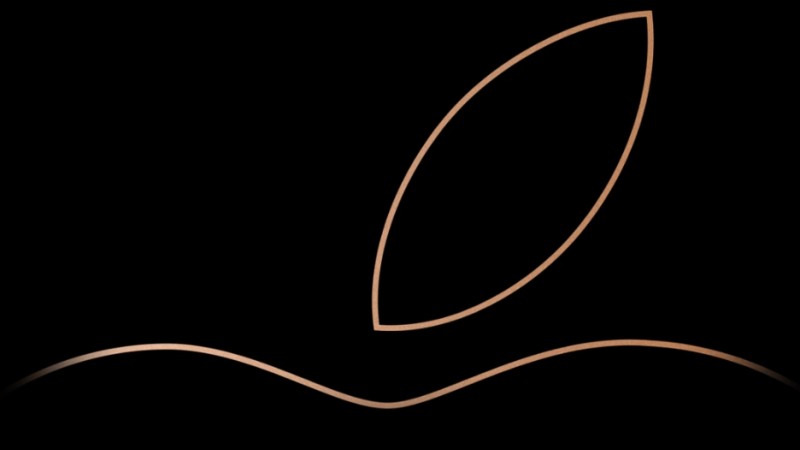With powerful hardware working together with an industry-leading camera system and intuitive AI experiences, everyday tasks have never been easier and faster
Apple: Here’s what you will soon say instead of ‘Hey Siri’

Apple will soon drop the word “hey” as a wake word for Apple’s smart assistant Siri.
Siri was unveiled as an integrated feature of the Apples iPhone 4S in October 2011 following Apple’s acquisition in April 2010.
Siri was released as an app for iOS and a decade later, Apple wants to make a few changes going into 2025.
Apple wants to now only use Siri as their trigger phase instead of the two-word “Hey Siri”.
Maybe it’s because Amazon’s Alexa only requires one-word command “Alexa” to activate, but whatever it is, Apple is making the shift which is expected to be rolled-out next year.
Simply saying “Hey Siri” then immediately lodging your request unlocked a variety of features, to help users find answers to questions and sometimes directions.
Simply press a button, then say what you need ensured you had the familiar iOS voice at your disposal.
Going forward, users may have to get used to simply instructing Siri as opposed to greeting before lodging a request.
The change is a technical one, and may need significant AI training and underlying engineering work.
Apple has reportedly been testing the simplified trigger word, with employees collecting the necessary training data to teach, well, train “Siri” what “her” new name will be.
Multiple accents and different dialects are some of the challenges Apple will have as it makes the shift, to hopefully remain ahead of it’s few competitors.
How to use Siri on your airpods
AirPods Pro or AirPods (3rd generation)
Press and hold the force sensor on the stem of either AirPod, then make your request.
On AirPods (1st or 2nd generation), double-tap the outside of either AirPod, wait for a chime, then make your request.
On AirPods Max, press and hold the Digital Crown, then make your request.
Also read: Twitter parody accounts to be permanently suspended, here’s why

